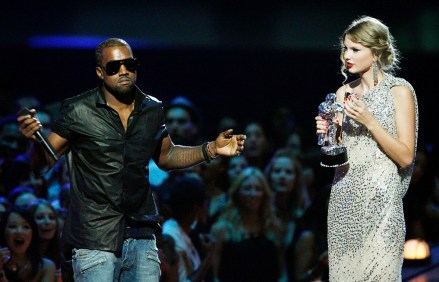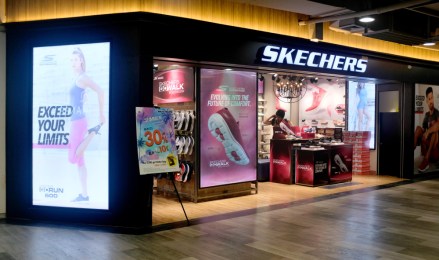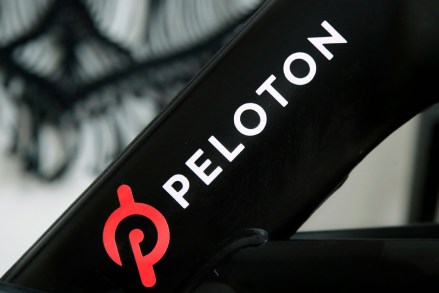
View gallery
Kanye West sparked major backlash when he wore a “White Lives Matter” shirt for his Yeezy Season 9 fashion show during Paris Fashion Week on Oct. 3, 2022. Kanye’s use of the white supremacist phrase, categorized by the Anti-Defamation League as a hate slogan, pushed it back into the news. With the spotlight back on the toxic phrase, which originated in early 2015 as a racist response to the Black Lives Matter movement, the trademark owner chose to take a stand and reached out to the hosts of the racial justice-focused show Civic Cipher for help.
Ramses Ja, who co-hosts the show with Quinton Ward, told HollywoodLife in an EXCLUSIVE interview that he has “crossed paths” with Kanye over the years and remembers an “individual who once upon a time stood up for Black people… And since then I’ve seen the same individual try to pass off a confederate flag [as fashion].” In 2013 Kanye featured the flag, which has long been a symbol of hatred and racial divide, in merchandise for his “Yeezus” tour, seen here. But it was his attempt to profit off the “White Lives Matter” hate-slogan, in his October fashion show, that pushed an anonymous listener of Ramses and Quinton’s show to reach out and ask them to take over the trademark of the toxic phrase.
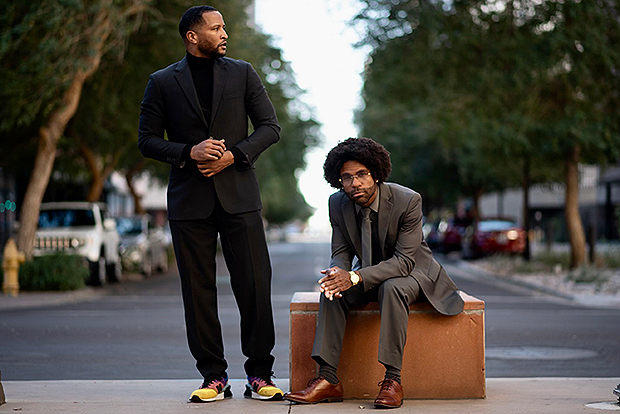
“I can’t speak to their intentions, because this person wishes to remain anonymous and therefore our footprint with them is very minimal,” Ramses revealed, “but I have to assume that the reason that they owned the trademark in the first place was not necessarily to make money off of it, but it was to prevent other people from making money off of what is, in effect a really evil, mean spirited thing to profit off of. Because, and Q mentions this a lot, that phrase only exists to stand in opposition to the phrase ‘Black Lives Matter.’ At no point in history has it ever needed to be affirmed that white lives matter, we all know that the world treats that like that’s normal, that’s like saying the sky is blue.”
The Arizona based hip-hop DJs, turned racial justice activists, admitted the offer was “terrifying” at first. “It’s funny because we kind of laugh about it now, but back then we walked like six miles, just talking back and forth about all of the possible outcomes,” Quinton explained. “We didn’t want to offend people. We didn’t want to hurt people. Now, we get to be proud of what we’re trying to do, but it was scary, accepting the responsibility…Because conversations like the one that we’re having with you don’t always get to happen. A person reads a headline. They see our picture. That’s all they need, to feel how they’re going to feel. And to be associated with that term, when it’s something that is genuinely hurtful for a lot of people, there was a lot for us to think about…That was not an easy decision for us to make or a light responsibility for us to accept.”
As the owners of the trademark to the phrase that Kanye “injected back into popular culture,” the co-hosts intend to safeguard it from others profiting off of it, including Kanye. “The moment you see somebody selling anything that says [White Lives Matter] then they open themselves up to a lawsuit, and anybody who’s a decent enough businessman realizes that’s not what you want to do,” Ramses said. “So at present because no one has purchased the shirts from [Kanye], he actually gave them out for free [and avoided a lawsuit.]”
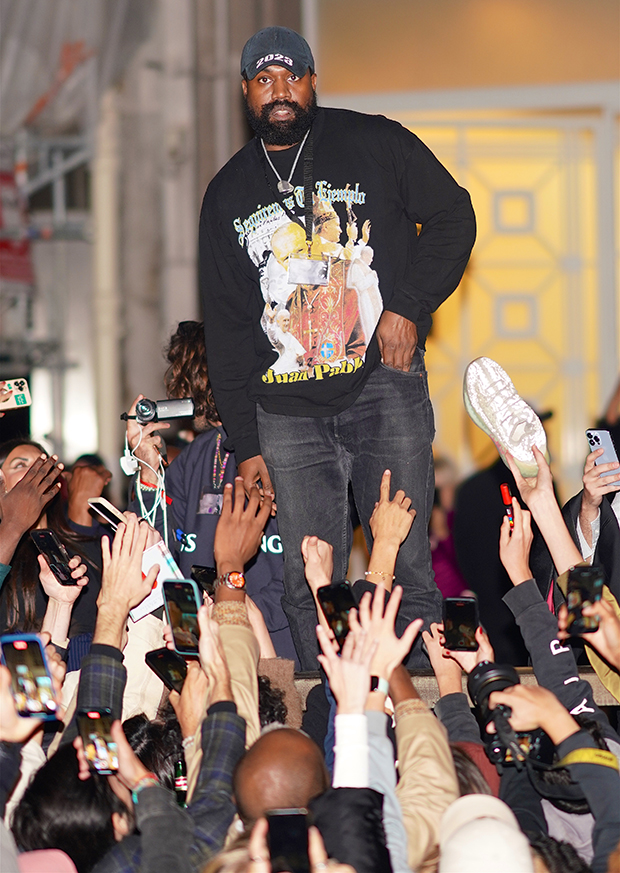
Any efforts to stop people from profiting off of the “White Lives Matter” hate slogan will require lawyers, at a cost that Quinton and Ramses would welcome help in covering. “Anything we have to pay the lawyers comes out of pocket,” the radio hosts explained. “So anybody wants to support us on our way can do so on our website.” Their hour-long show, Civic Cipher on iHeartRadio, is available in podcast format on every major platform and on 30 stations across the country. Ramses and Quinton started the show in 2020, amidst the historic protests against police brutality and racism, with the aim of uniting people. “[The goal] is to bring people together, to inform people, to educate our allies, people that want to be better,” Ramses shared.
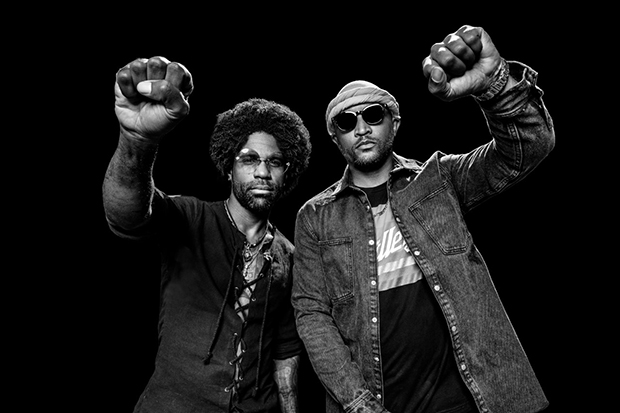
“We give them the tools and the insight to be better…We talk about social justice issues,” he added. “We talk about issues that are important to Black and Brown communities. Of course we talk about instances of police violence, police brutality, police shootings, we talk about voter disenfranchisement, we talk about political things, we celebrate ebony excellence. And we present a different side to what many people consider to be Black culture.”







